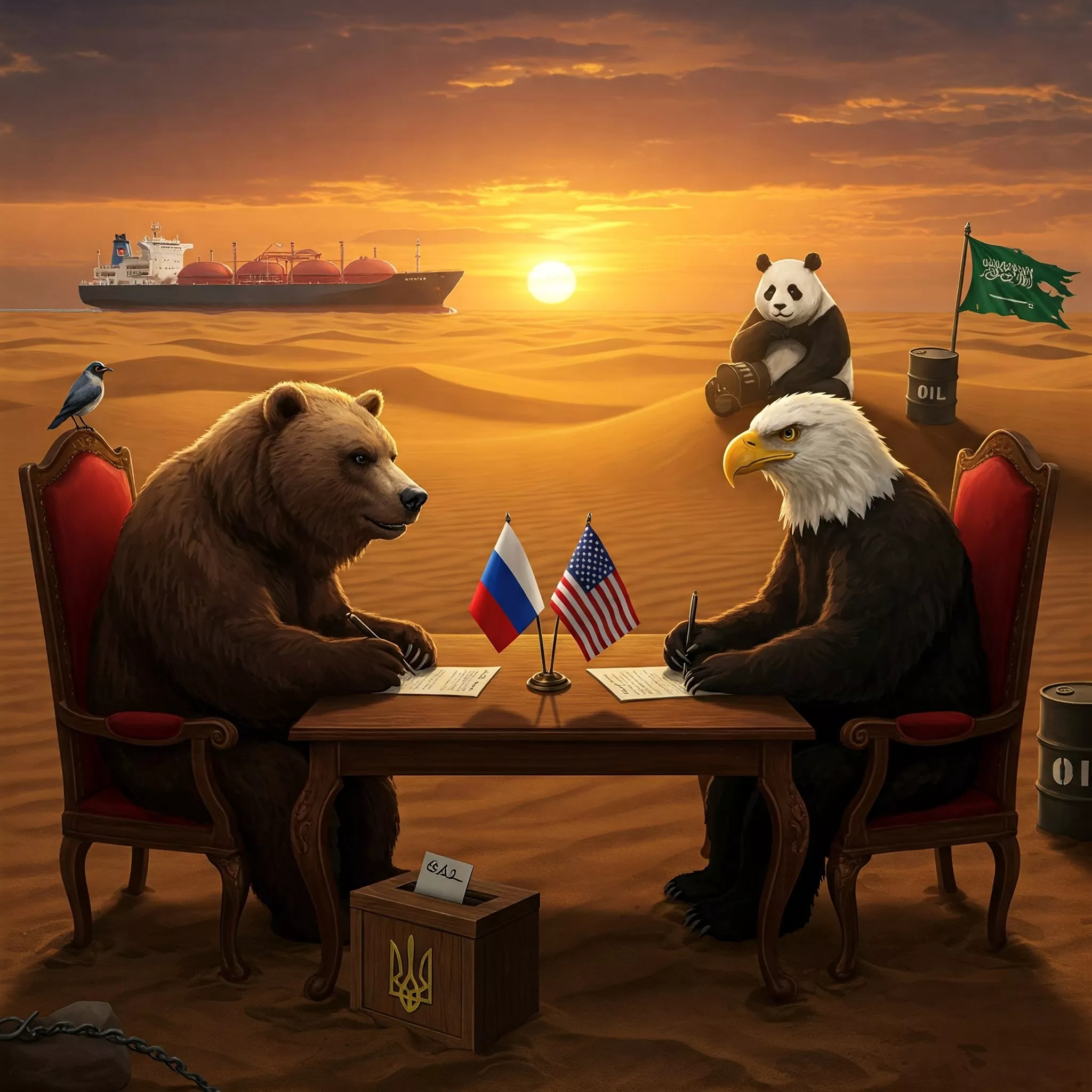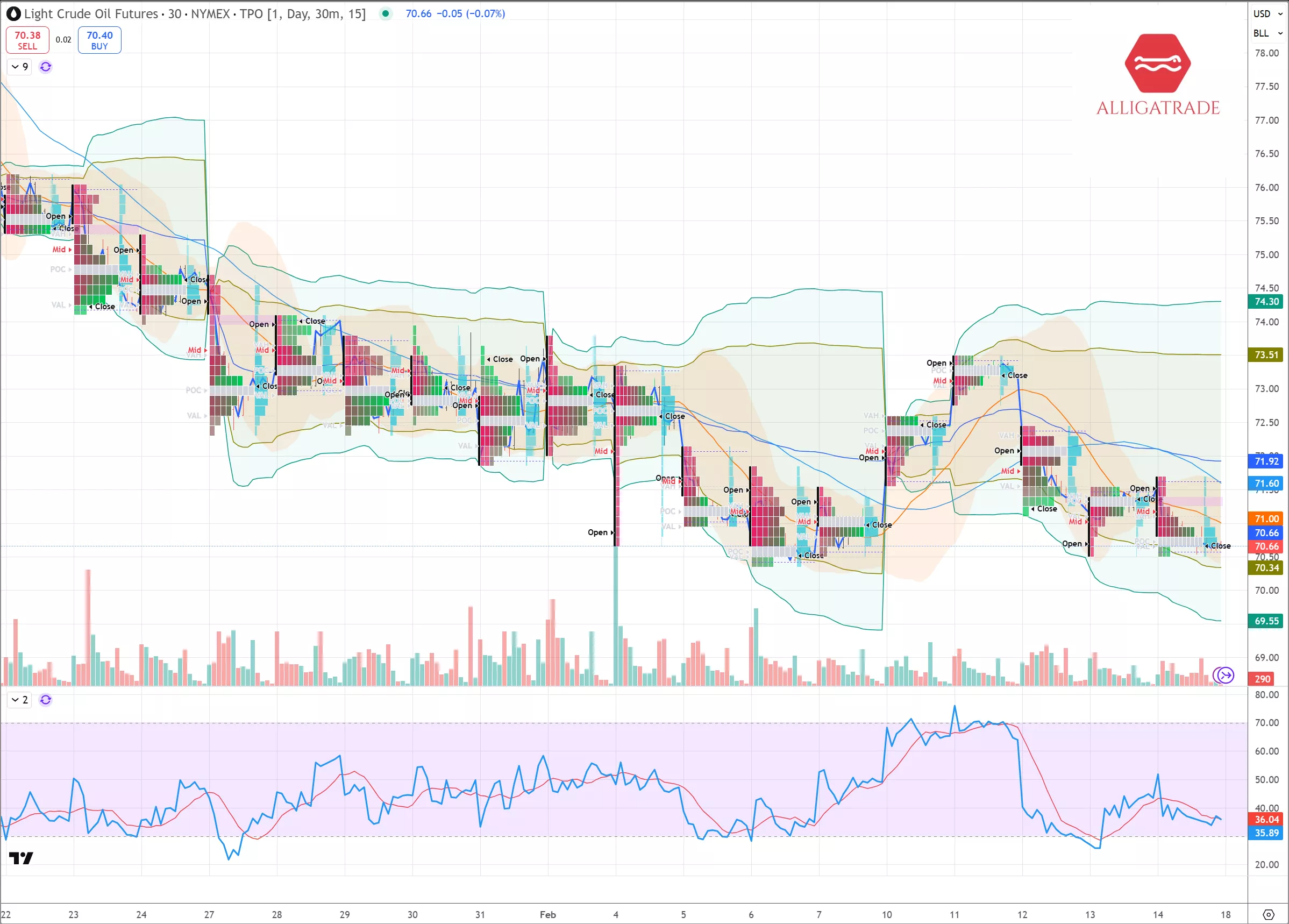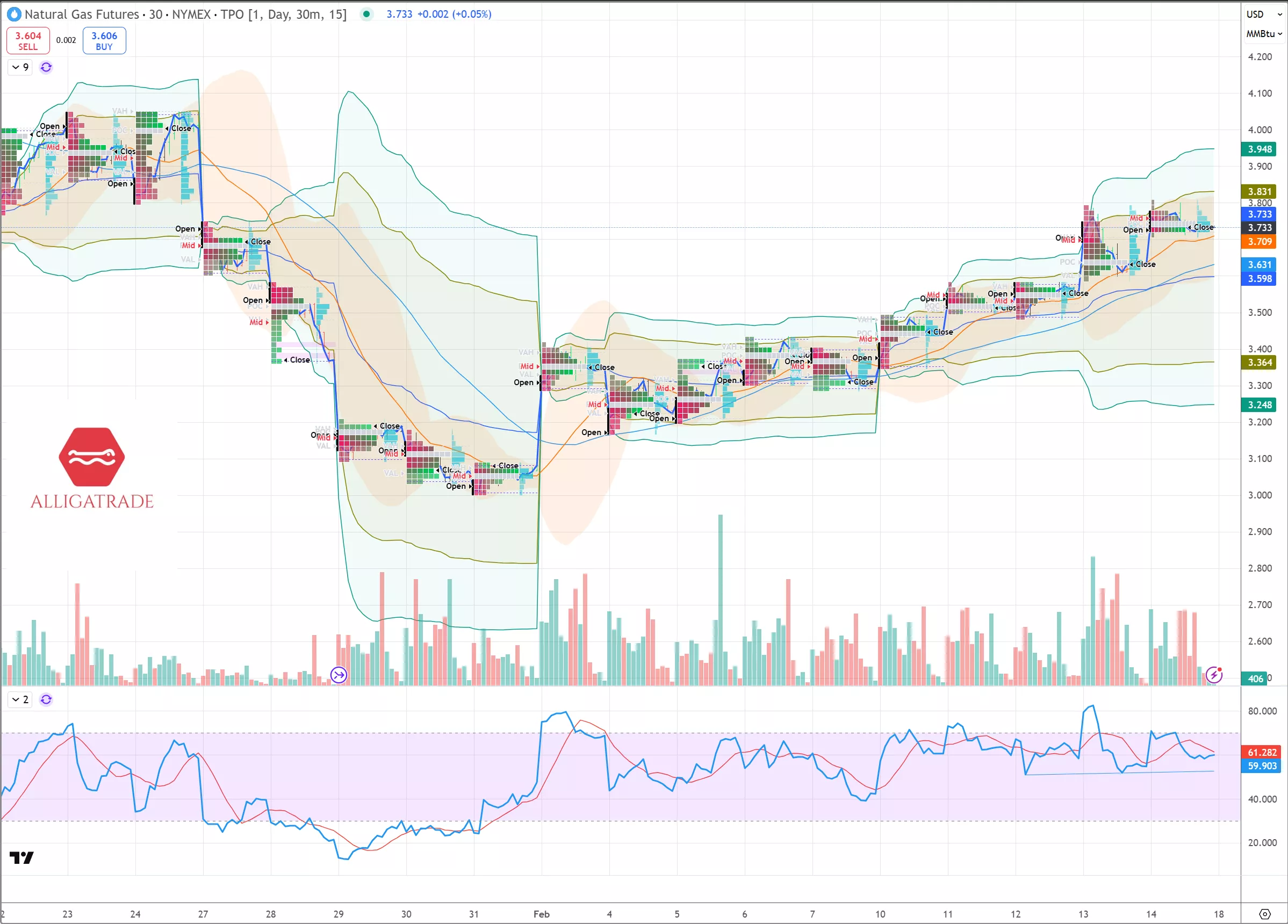Trump, Putin And The European Dilemma: A Geopolitical Realignment
In the complex arena of international relations, strategic alliances often serve as pivotal tools for nations seeking to enhance their global influence. President Donald Trump's tenure exemplifies this approach, particularly in his interactions with Russian President Vladimir Putin. This article delves into the multifaceted motivations behind Trump's overtures toward Russia, analyzing the potential geopolitical and economic ramifications of such a relationship.

The European Union on the Sidelines
Donald Trump and Vladimir Putin at the negotiation table. And Europe? Nowhere in sight.
This Thursday, Europe suffered a major diplomatic blow. While EU leaders continue to debate internal divisions and defense budgets, Trump has surged ahead. A direct, hour-and-a-half conversation between the new U.S. president and Vladimir Putin took place. No European representatives were present. No Zelensky either.
The lesson is as clear as it is brutal: If you're not at the negotiation table, you're on the menu.
Trump has always been explicit about his stance. Pouring billions into a war that, in his view, doesn’t directly concern Americans? Not a chance. He is weary of Zelensky’s repeated trips to Washington, securing $60 billion checks at each visit. Too expensive. Too unprofitable. Too far from America’s interests.
And for Europe, the reality check is only just beginning:
- Trump announced that Ukraine will never join NATO.
- The Russian-occupied territories will not return to Ukrainian control.
- And the final blow: Trump demands that Kyiv repay U.S. aid by ceding its mineral resources — an estimated $500 billion.
See the pattern? Donald Trump is the man of brutal solutions to complex problems. A bulldozer method that leaves Europe in shock.
Meanwhile, Kaja Kallas, head of European diplomacy, protests: "No agreement made over our heads will hold." Emmanuel Macron insists: "Only Kyiv can negotiate with Moscow."
But let’s be honest. These are just words. The real power broker is Trump.
As Europe drowns in internal conflicts — customs policies, artificial intelligence regulations, and military rearmament — Trump moves his pieces as the sole master of the game. European defense budgets are laughable: 1.3% of GDP for Belgium, 1.28% for Spain, barely 2% for France. The U.S. target of 3-5%? A pipe dream for debt-ridden European economies.
If Europe can neither rearm nor unite, what option is left? Accept. Submit. And ultimately, confirm this unrelenting rule: If you’re not at the table, you’re on the menu.
So, Europe: Are you a player or just a bystander?
Undermining the European Union's Cohesion
The European Union (EU) stands as a formidable economic entity, often rivaling U.S. interests in global markets. Trump’s administration frequently expresses skepticism toward multilateral institutions, viewing them as constraints on American sovereignty and economic prowess. By fostering closer ties with Russia, Trump aims to exploit existing fissures within the EU, particularly between member states that advocate dialogue with Russia and those that favor a more cautious approach. This strategy seeks to weaken the EU’s unified front, thereby diminishing its capacity to challenge U.S. economic dominance.
Reassessing NATO Commitments
Trump’s views have been marked by a critical stance toward the North Atlantic Treaty Organization (NATO), especially regarding the financial contributions of member nations. He posits that the U.S. is disproportionately bearing the alliance’s defense expenditures. Engaging with Putin provides Trump with leverage to pressure European allies into increasing their defense budgets, effectively shifting the onus of regional security onto Europe. This realignment not only aims to reduce U.S. military expenditures but also to recalibrate the strategic responsibilities within the alliance.
Capitalizing on Energy Market Dynamics
The geopolitical landscape of energy has long been a battleground for influence and economic gain. Europe’s efforts to reduce dependency on Russian energy sources, particularly natural gas, open avenues for the U.S. to position itself as an alternative supplier. Trump’s administration actively promotes American liquefied natural gas (LNG) exports to European markets. By engaging with Russia, Trump aims to navigate the complex energy dynamics, potentially facilitating U.S. entry into markets traditionally dominated by Russian energy, thereby bolstering American energy industries.
Energy Markets and the Impact of Negotiations
The oil market has reacted swiftly to discussions surrounding the potential resolution of the Ukraine conflict. Oil prices fell as traders speculated that a peace deal could lead to a relaxation of U.S. sanctions on Russian crude exports.
- Brent crude settled at $74.74 per barrel at the close of trading on Friday.
- West Texas Intermediate (WTI) dropped to $70.74 per barrel at the close of trading on Friday.
A peace agreement could increase Russian oil supply to global markets, potentially driving down prices further. Vice President JD Vance emphasized during the Munich Security Conference that Washington seeks a lasting peace in Ukraine while acknowledging the economic consequences, including energy market shifts. He also highlighted growing concerns over Europe's governance, criticizing the EU for its increasing bureaucratic overreach, censorship policies, and interference in national elections. Vance pointed to the annulment of a Romanian election and restrictions on free speech in the UK as signs of democratic backsliding, arguing that these issues weaken Europe's ability to confront external threats. His remarks align with Trump's broader push for Europe to take greater responsibility for its security while ensuring fundamental freedoms are not compromised.
Meanwhile, the LNG market remains highly volatile. Recent reports indicate that China’s new tariff policies on LNG imports could disrupt future U.S.-China energy contracts, further complicating the already fragile trade landscape. China’s ability to renegotiate long-term LNG agreements could impact U.S. exporters, creating additional uncertainty in an already fluctuating market.
The Organization of the Petroleum Exporting Countries and its allies (OPEC+) continue to weigh their response. With unused production capacity nearing six million barrels per day, OPEC+ holds significant influence over supply adjustments. However, given crude prices hovering below $75 per barrel, analysts predict that production increases may be delayed.

WTI Crude Oil Futures, continuation chart

Henry Hub Natural Gas Futures, continuation chart
Strategic Counterbalance to China
In the realm of global superpower competition, China’s ascendance has been a focal concern for U.S. policymakers. Trump’s approach to Russia can be interpreted as a maneuver to prevent a robust Sino-Russian alliance, which could pose a formidable counterweight to U.S. interests. By engaging Russia, the U.S. seeks to create strategic ambiguity, compelling Russia to navigate its relationships with both the U.S. and China carefully. This triangulation aims to isolate China, compelling it to reassess its geopolitical strategies in the face of a less predictable Russian partnership.
Challenging Bureaucratic Institutions
Trump’s administration often expresses disdain for extensive bureaucratic frameworks, perceiving them as impediments to swift decision-making and economic efficiency. The EU, with its intricate regulatory systems and emphasis on multilateralism, epitomizes such structures. By aligning with Russia, Trump aims to challenge the EU’s regulatory reach, particularly in areas where U.S. businesses face stringent European standards. This alignment seeks to create alternative economic partnerships, thereby reducing U.S. susceptibility to EU regulations and fostering a more favorable environment for American enterprises.
Conclusion
Trump’s overtures toward Russia are underpinned by a confluence of strategic objectives, closely aligned with concerns raised by Vice President JD Vance regarding Europe's governance and democratic backsliding. Vance has criticized the EU for increasing censorship, bureaucratic overreach, and election interference, arguing that these trends weaken Europe's ability to assert itself on the global stage. His perspective suggests that Trump’s strategic moves toward Russia may not only be about shifting global power but also about challenging Europe's internal political trajectory. These moves include undermining European unity, recalibrating defense commitments, capitalizing on energy opportunities, counterbalancing China’s rise, challenging bureaucratic constraints, and consolidating domestic political support. This multifaceted approach underscores a pragmatic, albeit contentious, application of international relations principles, reflecting a departure from conventional diplomatic paradigms in pursuit of redefining America’s global posture.
What does this shift mean for Europe’s future role on the global stage? Can the EU regain strategic autonomy, or will it remain at the mercy of decisions made in Washington and Moscow? How will China respond to the evolving U.S.-Russia dynamic? And ultimately, is Trump’s strategy a masterstroke in realpolitik, or a gamble with unpredictable consequences?
Disclaimer: All essays, research and information found in this article represent the analyses and opinions of Alligatrade's associates only. As such, it may prove wrong and be a ...
more


